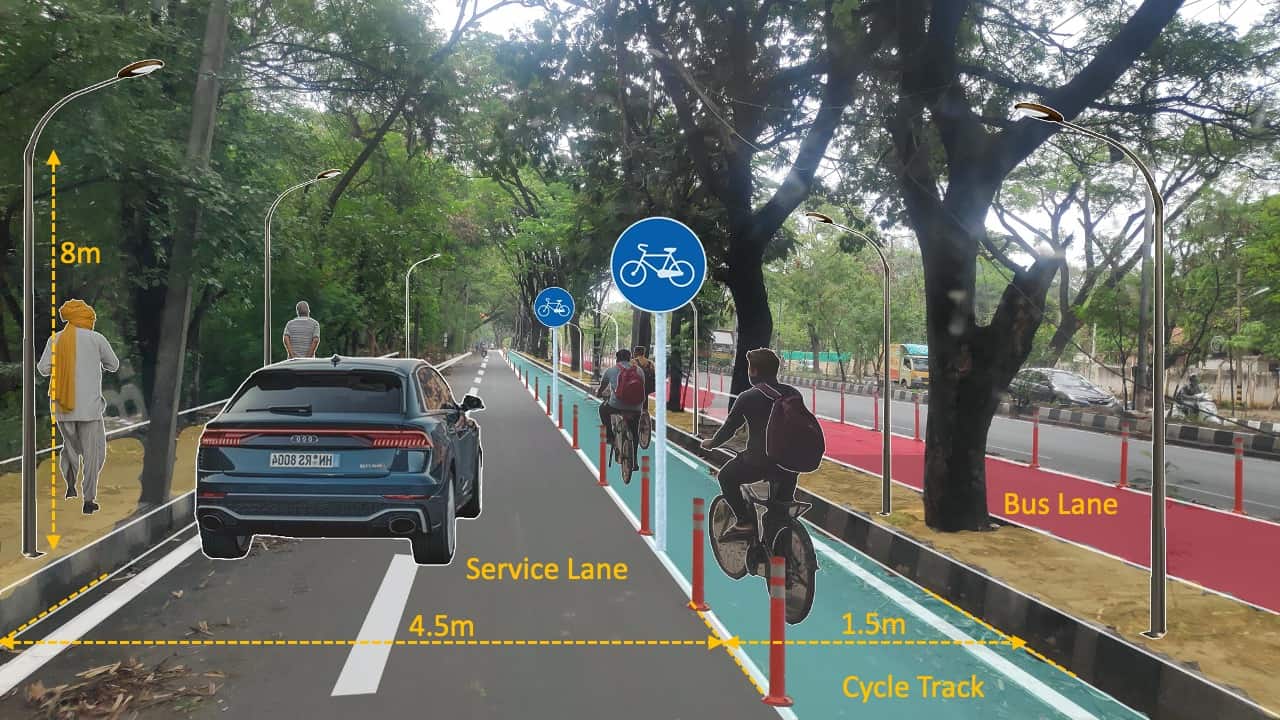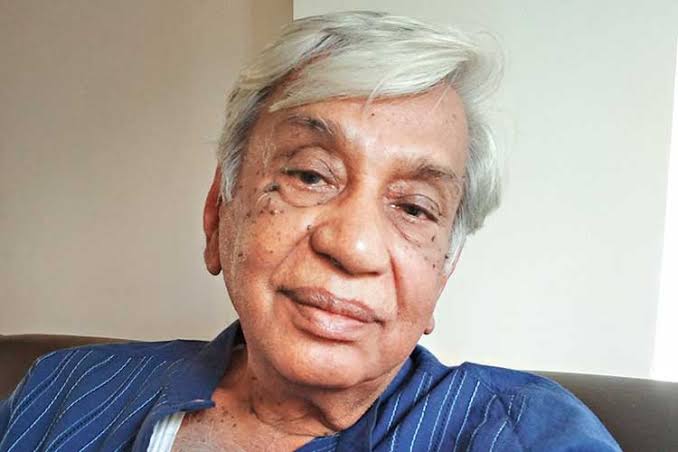The elections are over, and the people’s verdict by the ballot, or more accurately Electronic Voting Machines, EVMs, are clear. The ruling BJP government has been given a thin but undisputed majority of 32 in the House of 60, and the democratic principle is for all to respect this mandate of the majority. It is true that many of the victories in individual constituencies were by very narrow margins. In Wabagai for instance, the victory margin was just 50 votes, and in several others too, the margins were a couple of hundreds only, but this is the first past the post, FPTP, system of democracy, and no matter how small the margin, the winner takes everything and we have to accept this verdict. However, as moral and judicious beings, this attribute of the FPTP system needs to be recalled periodically, especially by those who have won, and be a little humble in their claims that they are the choice of the people. In a 2-way contest, small margin such as in Wabagai, means there were also nearly 50 percent of the electorate in that constituency who did not vote for the winner. In a multi-cornered contest of say five candidates, a small victory margin can mean a win by bagging as little as 20 to 25 percent of the electorate, which can also be translated to mean 75 to 80 percent of the voters in that constituency did not vote for the winner. Yet, in the FPTP, this is still a victory, and nobody can dispute this. But the plea here is the same – there is no reason for the winners to also not be a little humbled by this reality.
But, let there be no dispute now as to who are fated to be in the legitimate helmsmen on the seats of power of the state for the next five years. Indeed, a new government has now been sworn in on March 21, although full 11 days after the election results were declared on March 10, and 6 days later than day five years ago the outgoing government was sworn in. The journey of the new government began on a sticky wicket with several contenders for the top job of chief ministership. After a harrowing internal power struggle, the matter could ultimately be settled, though only after the BJP’s central leadership intervened, raising eyebrows amongst many that Manipur is now governed as a proxy of the BJP central leadership. Again, this is no cause for complaint, for after all this is the conscious choice of the Manipur voters. We do however hope this speculation is unfounded, and the leadership behind the new Manipur government will be able to grow a spine strong enough to stand up straight and not be always in a bowing posture while engaging the Centre.
The first few steps of the new government however have been encouraging. There was first the declaration that the office and school going hours in the state will be advanced by one hour. By this declaration, schools will start at 8a.m. and government office at 9a.m. This is appreciated for it is everybody’s knowledge that longitudinal difference between Imphal and Delhi is about 17 degrees, and each 15 degrees being equivalent to one hour, the time difference between the two places is about an hour and nine minutes. This means, by tuning to the work (or study) hours of the state with that of Delhi, the state has been losing a little over an hour in the morning, arguable the most productive and fresh time of the day for anybody. Keeping an hour between school and office reporting time would also help in decongesting the Imphal traffic. As a matter of fact, we would even suggest that office going and returning hours be calibrated further so that there is about 15 minutes difference between office reporting and leaving hours of the different major office clusters in the Imphal area, such as Lamphel, Porompat and the Imphal civil secretariat. Towards this cause of traffic decongestion, it would also be good if the government were to reintroduce a public transport system within Imphal city, just as once there were MST city buses. The government could also introduce buses to bring government employees to these office clusters and discourage employees to come in their private vehicles. As of today, not only are our roads jammed during office rush hours, but there are several bottlenecks at other times outside government office clusters, most particularly outside the civil secretariat, because of employees parking their vehicles on the adjacent roads.
The other encouraging sign is that the new government seems to be applying its mind differently to some extent in tackling the state’s problem. The budget speech on March 25 by the finance minister (so far a portfolio held by the chief minister) in the current and the first session of the 12 Manipur Legislative Assembly is testimony. This is admittedly and justifiably a tentative budget, or a “vote on account”, after all preparation for it was done in less than a week of the government formation. There will therefore also be a full budget later in the year which will elaborate as well as round off all loose ends in the current budget. But some of the policy intents flagged off were refreshing and it must be added, hold promise. For instance, on matters of employment generation, the government is no longer talking of absorbing more in its own services, but of encouraging and facilitating emergence of job generating private enterprises. This should not however be about doling out grants to start-ups, for if this were to be so, it would amount to encouraging corruption and nepotism, besides introducing a culture of sycophancy and lethargy amongst the putative entrepreneurs. Instead, it should be about making available easy bank credit facilities, negotiating low interests on entrepreneurial loans or subsidising interests by contribution from government’s coffer, ensuring availability of power, introducing limited period tax holiday etc. Related to encouraging entrepreneurship, the budget speech also laid an emphasis on relevant skill development. This is important for no enterprise can prosper where relevant skills to build them are either poor or absent.
There are many more thrust areas identified in this budget, many of them are continuation of what are already existent, such as boosting eco-tourism, extending rail line up to Imphal by 2023, uplifting and upgrading government education system etc., but there are also some refreshingly new outlooks visible. For instance there is a section on “Ease of Living” which will entail creating open spaces, recreation facilities etc. To this list to enhance ease of living, we would add the intent to introduce pavements on city roads. We would have wanted the government to also think of introducing cycle tracks on a serious note. These cycle tracks could even be tarmacked with solar panels, as suggested by industrialist Anand Mahendra, so as to hit two birds with one stone. The notion of ease of living is important, and is now increasingly being recognized so throughout the world. Hence, besides measures of national material wealth though Gross Domestic Products, GDP, there are also reputed agencies seriously measuring happiness index, freedom index etc., of the countries of the world, and these are not only becoming vogue but also gaining importance in the assessment of development and progress. Interestingly this idea of development encompassing more than just GPD, had already been floated in Amartya Sen’s 1999 book “Development as Freedom.” Just as we now know how stressful traffic congestion can be, we have to realise how important it is for everybody to also wake up every morning with an uncongested mind, and this cannot be if a parent knows that her children would not be secure even going out for a stroll as they would have to be walking on the road and not on the safety of a pedestrian pavement. If er children were to go to school on a bicycle, this same sense of safety would be there if she knows they would not have to be sharing the road with motor vehicles and would instead be enjoying their ride on an exclusive cycle track. A nursery rhyme we learn in school could not have put it better: “All work and no play, makes Jack a dull boy.”
All these however will depend on the ability of the government to enforce discipline amongst its employees and the larger public. All the talks of eradicating corruption, ushering in quality education etc., have all come to naught so far because this discipline was missing. The government can and have declared office hours for its employees in the past, but we all know how many hours an average employee is present at his office desk in a day, if not absent altogether. How these policy intents flagged by the government in the budget speech will pan out in the months ahead, and whether they will usher in a new approach to the future, or whether they will all turn out to be not much more than empty words will be known sooner than later. For the sake of the state and its people, we do hope there are better days ahead.










